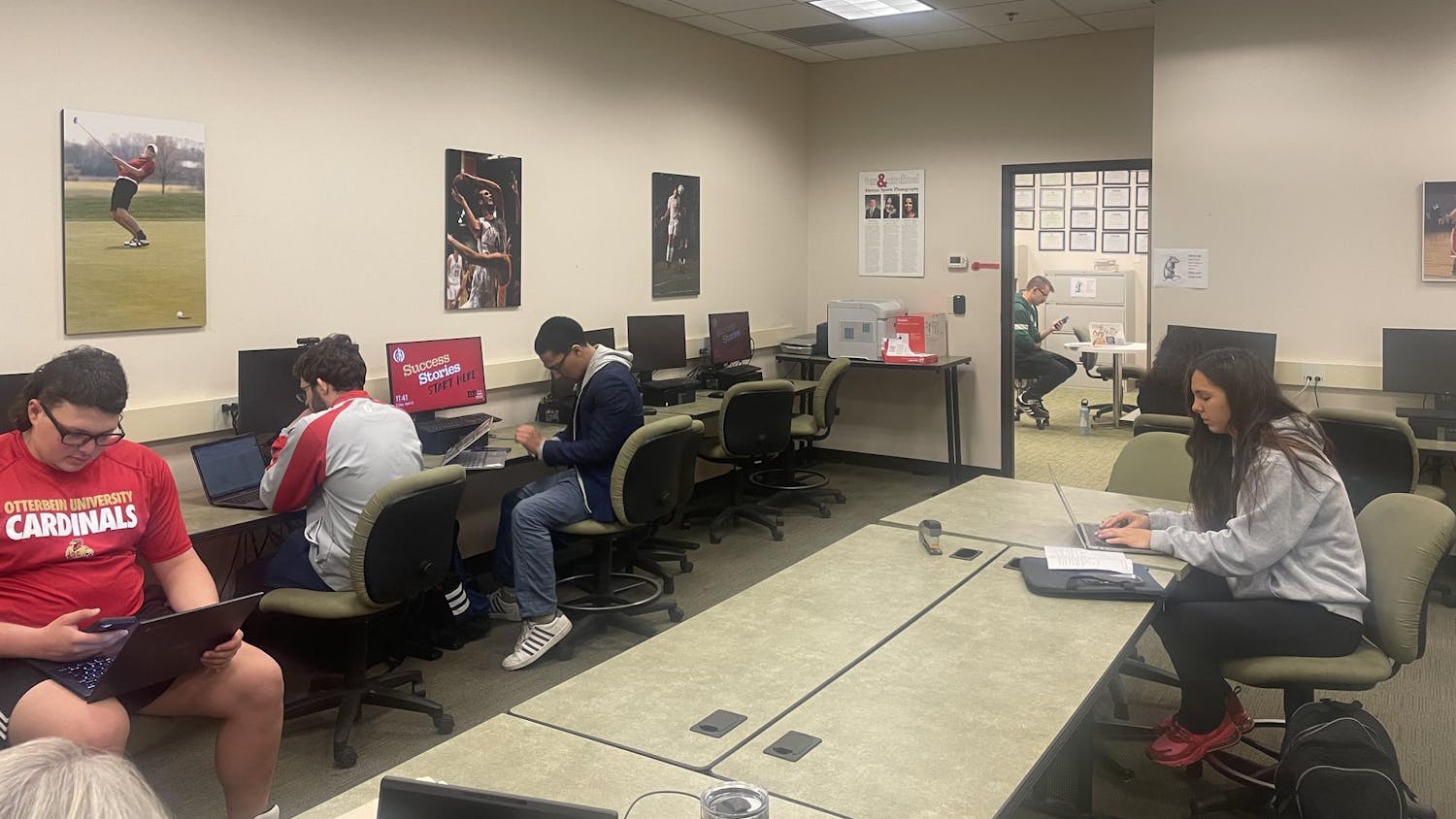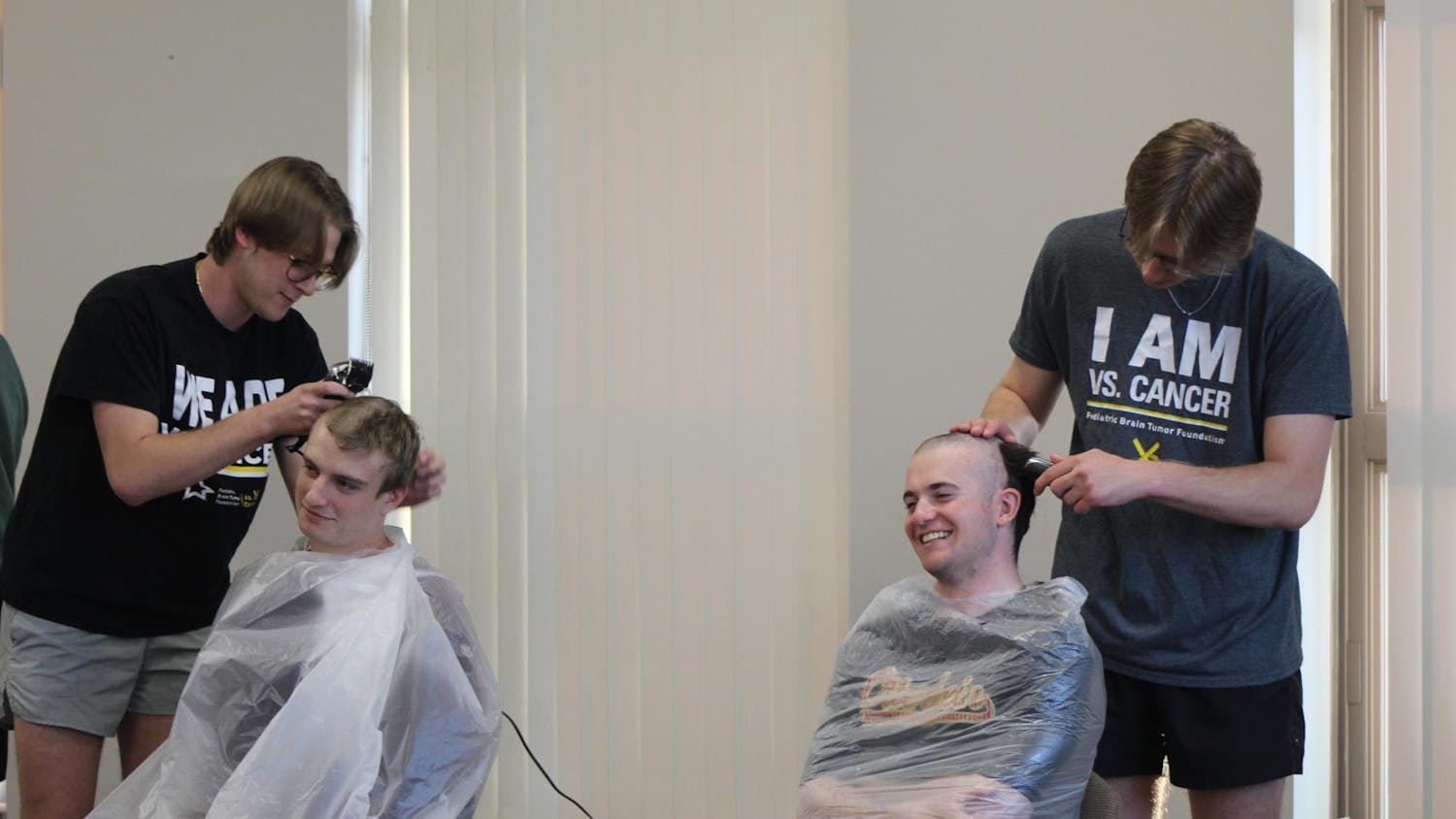Riots in Cleveland hardly seem out of the norm after the summer my hometown faced. There was a lot of flooding, a shooting and the infamous “flash mob” riot on Coventry Road.
The flash mob was initially defined in the Oxford World English Dictionary in 2004 as “a public gathering of complete strangers, organized via the Internet or mobile phone, who perform a pointless act and then disperse again.”
Well I hate to say, Oxford Dictionary, but the thousands of Coventry Street Fair attendees and David Cameron, prime minister of the United Kingdom, would disagree. For Cleveland and London this summer, a flash mob is defined as a group of people using social networks with the intent to start violence or riot.
In attempts to curb the riots of Coventry or the riots of London, which included multiple days of rioting and clean-up as opposed to Cleveland’s measly nine arrests, social media is taking the blame.
Shortly following the riots, Cleveland councilman Zachary Reed proposed a legislation prohibiting improper use of social media, specifically, the “improper use of social media to violate ordinances on disorderly conduct, public intoxication and unlawful congregation by promoting illegal flash mob activity.”
Thankfully, Mayor Frank Jackson vetoed this bill after calling it too vague. That is the problem: The legislation is too vague. The council was prepared to start handing out misdemeanors for organizing “flash mob” activity. This extends from the rioting to flash mobs seen on YouTube.
It’s not just Cleveland that is looking to limit social media. Following the protests, London looked at restricting, but they too turned from putting any sort of law into effect.
Meanwhile in Missouri, teachers are being told they legally can’t be friends with students under 18 years old in some effort to control sexual predators in schools.
Why is the government so eager to put restrictions on the Internet? Gathering a group to have a flash mob uses the same technology to gather a group for a donut run.
Restricting our speech online is a violation of our First Amendment right to freedom of speech. Our rights extend from common conversation to online forums. The American Civil Liberties Union has been the biggest advocate of preventing these types of laws in Cleveland and in Missouri, going so far as to sue Missouri over the restrictive social media law for teachers.
Restricting our speech online is so imperfect and would take resources that I’m positive our country can’t handle right now. In Cleveland, the people monitoring social media for shenanigans are the same people who are responsible for monitoring terrorism in Cleveland. Cut the budget for the people waiting for al-Qaida to bomb Tower City or the Rock and Roll Hall of Fame. It’s not going to happen.
What’s worse, these systems have been wholly ineffective in Cleveland. Just last week, Cleveland rapper Machine Gun Kelly was arrested for organizing a flash mob through Twitter at a mall. His tweets weren’t even subtle. They specified the time, place and the trigger for the flash mob. Cleveland police had no idea.
This new propaganda surrounding the dangers of social media is undermining the revolutions in Libya and Egypt, which used social media to get awareness all around the world of their cause.
Every time some sort of technology advances, there is someone trying to find a way to restrict it. Usually it’s people who stand to gain something out of the deal who want to enforce the laws. The people of Coventry got a 6 p.m. curfew for anyone under 18.
Unless you want me knocking on your doors asking about your personal life — and we all know how terribly that goes — stay away from my Facebook page, politicians.






